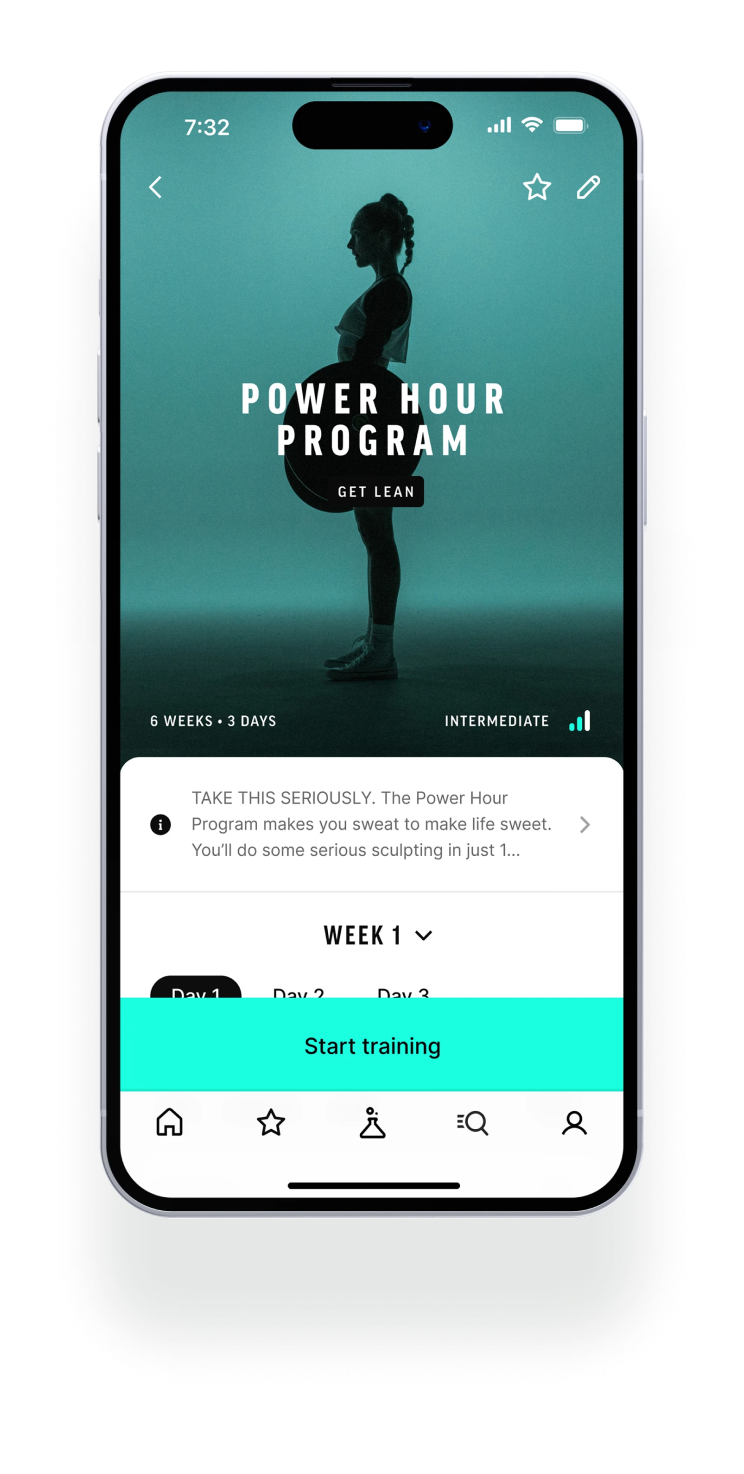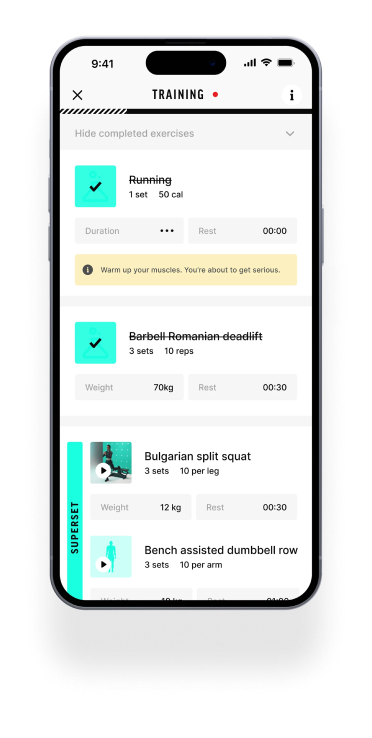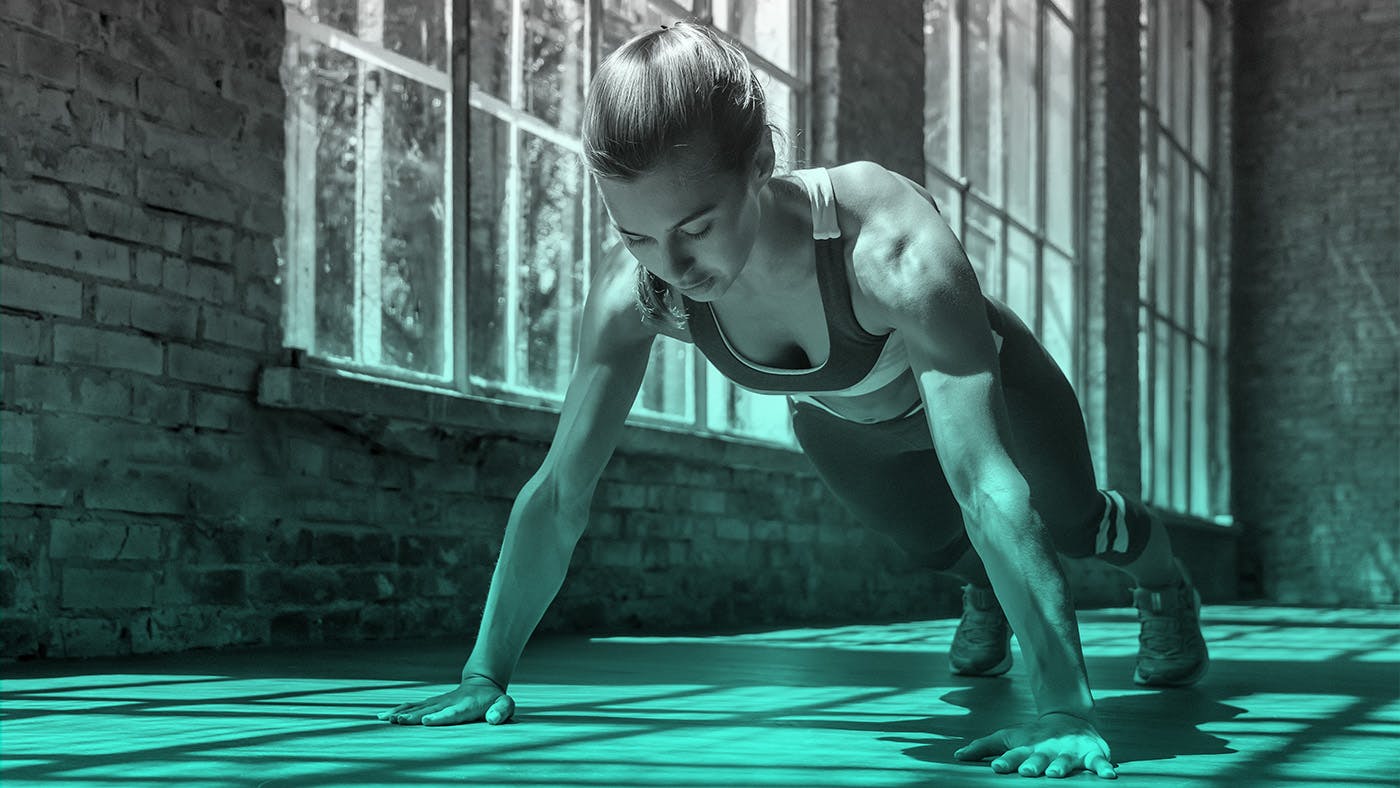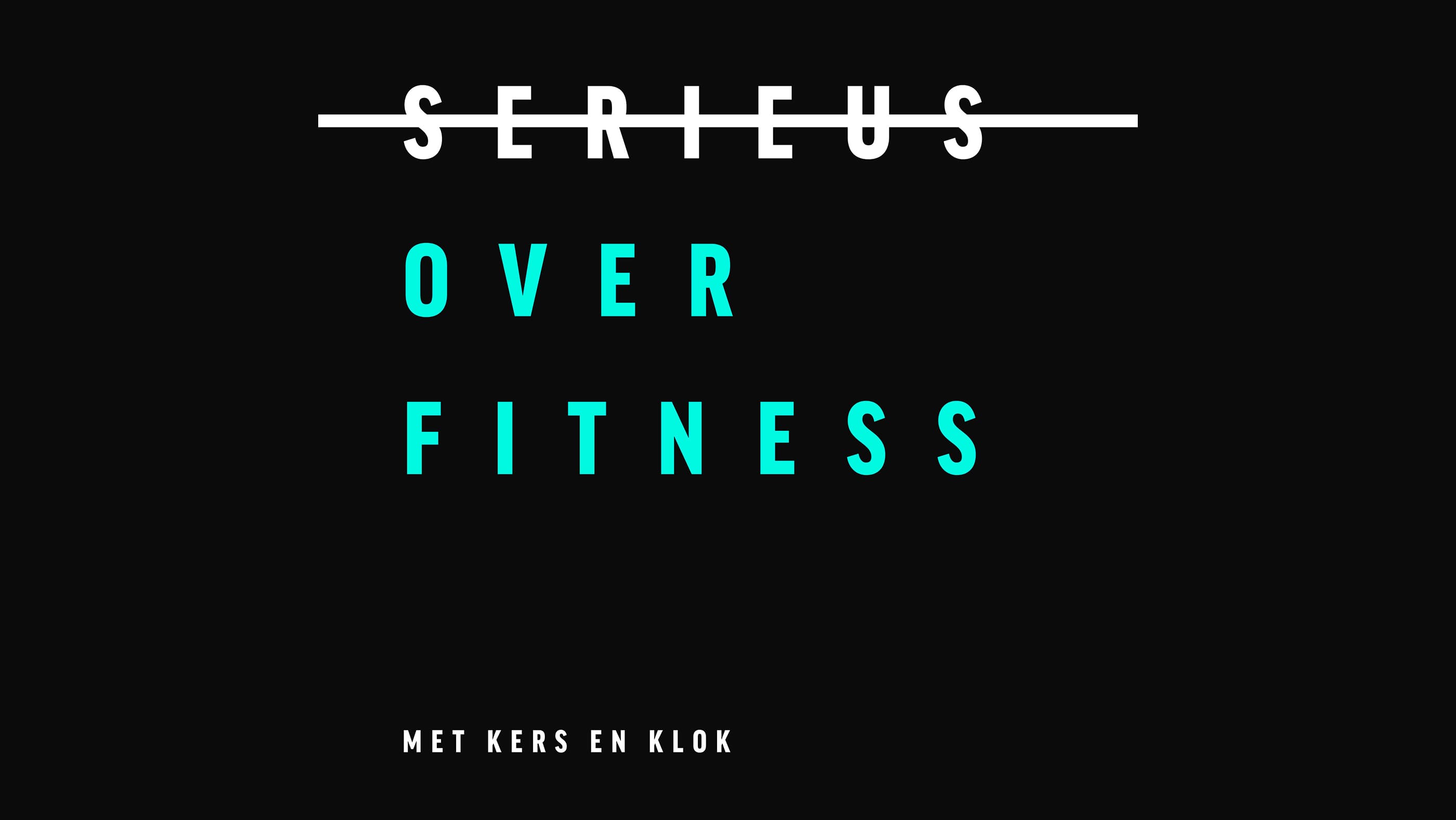Quickly lowering cholesterol through strength training, exercise, and diet
Cholesterol is often branded as something evil. It can clog your blood vessels, increasing your risk of dying from heart and vascular diseases. That's a major reason to lower your cholesterol. Luckily, you can make serious strides in doing so through exercise and diet.
Cholesterol isn't just 'evil'. In fact, without cholesterol, you wouldn't exist. It's the foundation of many hormones and a building block of your cells. Plus, without cholesterol, you'd have a harder time digesting fats. You'll read more about how that works later on.
How does cholesterol rise in your blood?
When you think of cholesterol, you might quickly think of diet. That's not wrong, since your diet indeed influences your cholesterol levels. However, this is a small part compared to your liver's own production. Usually, it does its job perfectly, and you have just enough cholesterol in your body to perform its essential tasks. Unfortunately, this balance can be disrupted by your diet, being overweight, not exercising enough, smoking, and genetics.
Why cholesterol is essential AND can be dangerous
You wouldn't exist without cholesterol because it's part of your cell structure. Moreover, it forms the basis of many hormones, and without these hormones, your cells couldn't communicate with each other. So, it's good that cholesterol exists. Unfortunately, too much cholesterol, especially an excess of the 'bad cholesterol' LDL, can cause plaque formation, and your arteries slowly clog up. You hardly notice this until it's too late. This LDL cholesterol can get stuck behind small tears in blood vessels and gradually narrow the walls of your blood vessels. That's why smoking is so bad because it can damage your blood vessels.
The so-called 'good cholesterol' is HDL and helps remove the 'bad cholesterol' from your blood. You want to try to increase the HDL cholesterol variant.
How does cholesterol decrease in your blood?
Cholesterol is made in your liver and also broken down into bile in your liver. This bile is then used to digest fats. Physiologically, lowering your cholesterol is a sum of:
Ensuring the liver produces less cholesterol
Ensuring the liver converts more LDL cholesterol into bile
Intestines absorbing less cholesterol
Consuming less cholesterol through diet
Removing LDL cholesterol from your blood
Medications against LDL cholesterol often combine the above methods to lower 'the evil' in your blood. Fortunately, you can also do a lot yourself to seriously lower your LDL cholesterol levels. If you're overweight, you can achieve a lot by losing at least 10% of your body weight. Exercise more and adjust your diet. Below, you'll read about the smartest ways to do this. Stop, if you smoke, smoking. Drink less alcohol and coffee, and get good sleep.
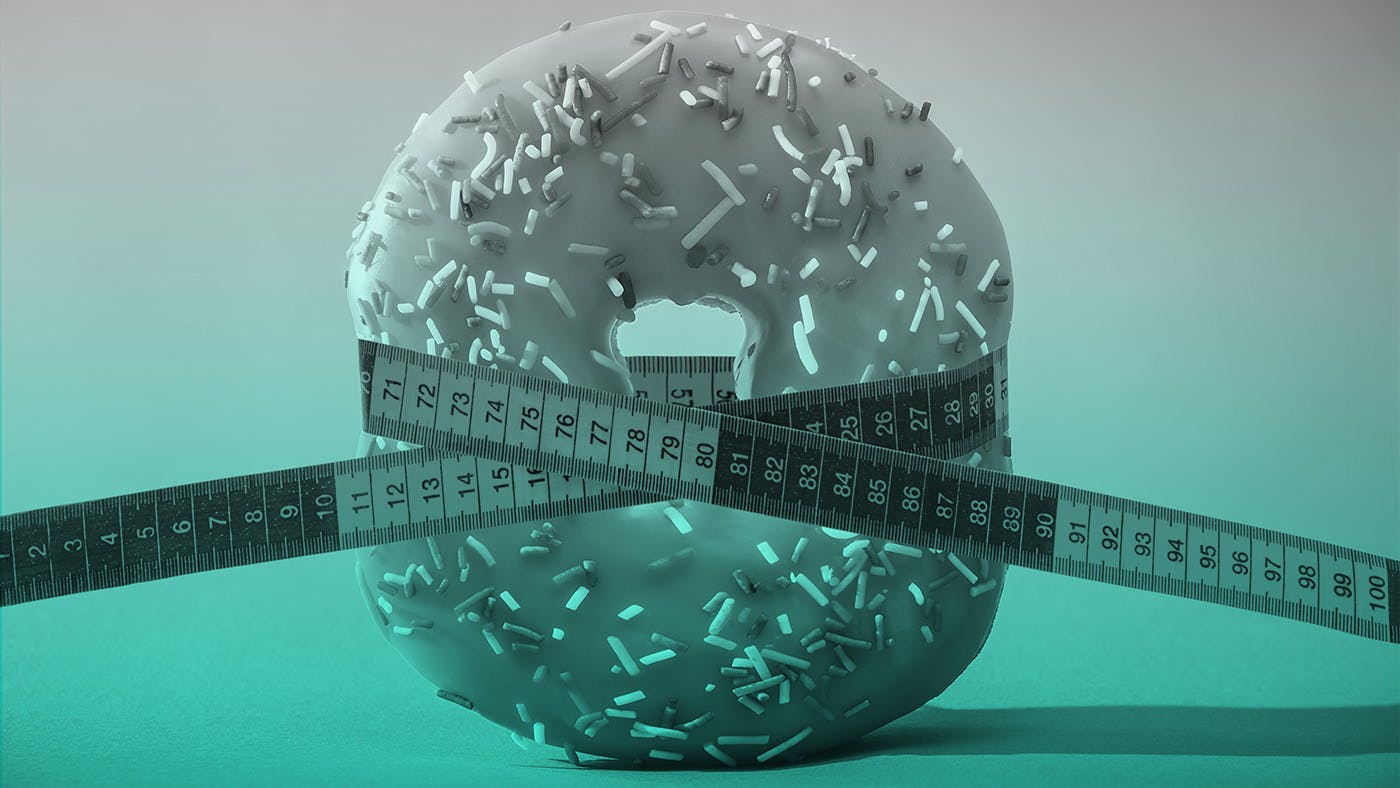
How Can You Lower Cholesterol Through Exercise?
It's somewhat of a given to keep the so-called 'bad cholesterol', LDL, low in your blood. Luckily, exercising helps a lot with this. Exercise activates enzymes to move LDLs from the blood to the liver. The liver converts this "bad cholesterol" into bile and, note this, bile helps with the digestion of fat. So, you need cholesterol to digest fats properly.
Exercise also increases the size of the so-called lipoprotein particles that carry cholesterol in your blood. The larger the size, the harder it is for them to get stuck behind a tear in a blood vessel, for example. This makes the buildup of plaque formation harder. That's not the only way to reduce the risk of plaque formation. A healthy lifestyle with plenty of exercise, a balanced diet, low body weight, little stress, not smoking, and getting enough sleep lowers blood pressure and reduces the chance of plaque formation. A reduction in risk is no guarantee that it cannot form, and what is already formed does not disappear.
Train with an Effective Plan!
If you really want to do something about your cholesterol AND health, you need to get moving seriously. That means at least 150 minutes of exercise per week, preferably half of it at a higher intensity (running, hill walking, ball sports, fitness). To have positive effects on your cholesterol levels, you need to exercise for at least 30 minutes a day and do strength training twice a week. Another advantage of strength training is that it increases your metabolism, bone density, balance and condition, and slightly increases your muscle mass. Luckily, we can help with that. We're like the personal trainer in your pocket, all year round for the price of 1 hour of personal training. Choose the feel fit or feel energised plans for the best results on your cholesterol and health! Test our app here.
How Can You Lower Cholesterol Through Diet?
As you've read, your diet has a small impact on the amount of bad cholesterol in your blood. However, you can apparently lower your LDL-cholesterol by over 10% with a healthy dietary plan focused on less cholesterol. Here are the tips you get from the heart foundation and nutrition center websites in short:
Eat less saturated fats (like butter, coconut oil, full-fat dairy products, cheese, fatty meat, sweets, cookies, and snacks) and more unsaturated fats (like margarine, nuts and seeds, avocado, and fatty fish).
Choose more plant-based products over animal ones.
Eat lots of vegetables, fruit, and whole-grain products (such as whole-grain bread, whole-grain pasta, and brown rice), because this adds more fiber to your diet. Fiber can help lower cholesterol.
Opt for low-fat or semi-skimmed dairy products and vary with legumes, fish, and eggs.
Don't eat too much sugar, as consuming a lot of sugar is associated with higher cholesterol.
Drink not too much coffee, and preferably as filtered as possible.
We always recommend reviewing your diet with a dietitian.
Is Coffee Bad for Cholesterol?
Coffee, the black gold! It's well known that drinking (a lot of) coffee after 2 PM can have adverse effects on your sleep quality. But did you know that a lot of coffee could also be bad for your cholesterol? Coffee beans contain a substance called cafestol. The less of it you consume, the better, as the fatty cafestol can increase bad cholesterol. The nutrition center advises:
Opt for filtered coffee. Coffee from coffee pods, made with a paper filter, or instant coffee contains little cafestol and is fine to drink.
Espresso cups contain more cafestol and should be limited to 2-3 cups a day.
Avoid unfiltered coffee such as boiled coffee and coffee from a French press.
And if you drink the black gold, try to do so as early in the day as possible to not negatively affect your sleep quality. This indirectly also has adverse effects on your cholesterol level. When you sleep poorly, you feel hungrier throughout the day.
Also read: why losing weight is harder for people who are overweight.
What About Smoking, Alcohol, and Sleep?
Quitting smoking likely helps with the increase of good cholesterol and reduces inflammation. Alcohol can damage your liver, possibly increasing cholesterol production. Lastly, sleep, when you don't get enough sleep, you have reduced satiety hormones in your blood and increased hunger hormones throughout the day. This means you have an extra chance of gaining fat mass which indirectly does not benefit your cholesterol. Alcohol consumption also contributes to lower sleep quality and thereby more fat mass.

Start Lowering Your Cholesterol Now
As you can see, exercise is the best medicine you can immediately use in the fight against cholesterol. Opt for the bike more often, park your car further away, and get a gym membership. Moreover, strength training and exercise contribute to more positive cholesterol levels. Strength training is good for your bone density, muscle mass, stability, depression, Alzheimer's, and leads to a higher daily metabolism. You have a proven chance of up to 12 extra vital years in your life if you exercise and keep your body weight under control. Start exercising now, and if you already are, keep it up. We have the smartest fitness plans ready for you when you filter on the goals feel fit or feel energised. Accessible and for every level! Also, read on, because never skip a consultation with the doctor. Sometimes exercise and a different diet alone are not enough.
Also read: 7 reasons to do strength training.
What's the Impact of Genes?
Not everyone can independently control their high cholesterol levels. High cholesterol can sometimes be hereditary. In these individuals, for instance, the liver may be much more active in producing cholesterol, or less active in breaking it down into bile. There's nothing you can do about it, and often you won't experience any symptoms. Sometimes it only becomes clear when there's something seriously wrong with your blood vessels or you've had a heart attack.
When Should You Use Medication to Lower Cholesterol?
As you read above, high cholesterol can be hereditary. Besides, even without this genetic predisposition, your cholesterol levels can be so high that improving your lifestyle isn't enough. Therefore, you should always develop a plan of action with your doctor. Fortunately, there are very effective medications to lower your cholesterol. One medication inhibits the production of cholesterol, and another ensures that more cholesterol is absorbed from the blood. The absorption of cholesterol from the intestines can also be reduced, and other medications increase the production of bile. In short, there are many ways to tackle this problem. Hence the paragraph below: don't tackle cholesterol on your own!
Measuring is Knowing, and Don't Play Doctor
Don't play doctor. You often don't suffer from too much cholesterol until it's (somewhat) too late. Only a blood test can show whether you actually have too high cholesterol levels in your blood. Develop a plan with your doctor to work on this. Sometimes, a lifestyle adjustment is enough, and sometimes you really can't do without medication. In short, consult with your doctor what your strategy will be and start with more exercise anyway, as it offers immediate health benefits in numerous areas.
START TRAINING SERIOUSLY
Discover new training methods based on scientific knowledge, improve your form and technique and seriously track your fitness goals.
